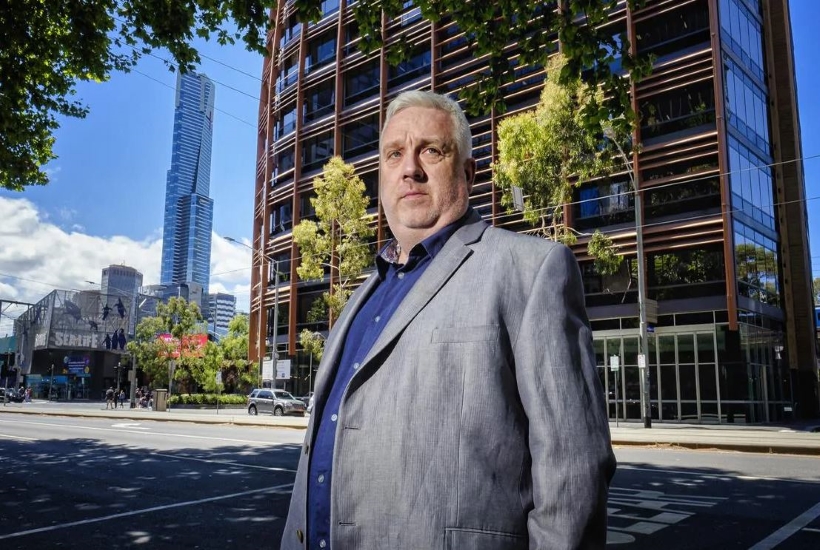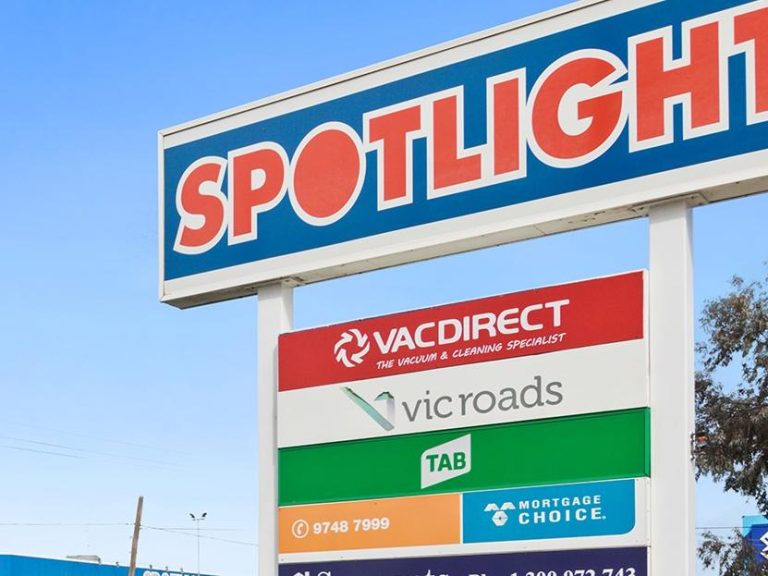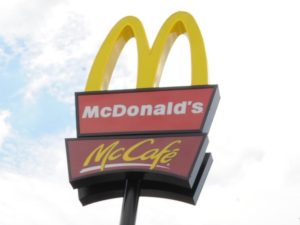Apartments of Melbourne has been placed into liquidation

An operator of 160 luxury serviced apartments across Melbourne’s CBD has been placed into liquidation after being slammed by the collapse of business travel as well as a flood of accommodation hitting the market on online booking site Airbnb.
Apartments of Melbourne, which specialised in short-stay accommodation and employed 52 people, will now be liquidated by Cor Cordis partner Sam Kaso.
The business which turned over more than $10 million annually counted up-market properties scattered around the city in three buildings, at Empire Melbourne Central, 555 Flinders Street, and 568 Collins Street.
The serviced apartments sector has been battered over the past year as bushfires hit the industry in its 2019 peak, before COVID-19 dealt the final blow.
Quest set the precedent after several of its franchises were shuttered by the pandemic.
Now three corporate entities under the business Apartments of Melbourne have been rolled up, owing creditors around $1 million, according to director Neil Devonport.
Mr Devonport said much of the money was owed to the ATO and bigger creditors like Booking.com.
Apartments of Melbourne started in 2015, before growing to 160 apartments across three buildings.
Prior to the bushfires in 2019, it was growing and looking to sell but then between March and June this year 80% of bookings at Apartments of Melbourne were cancelled as Victoria languished under its first wave of restrictions.
From July to September, as Victoria slipped into its second wave arising from the catastrophically botched hotel quarantine arrangements, Apartments of Melbourne saw all bookings cancelled.
Mr Devonport said only six of his staff were entitled to JobKeeper.
Unlike some operators of short-stay apartments, Apartments of Melbourne did not receive any contracts to supply accommodation to Victoria’s quarantine or medihotel schemes.
Mr Devonport said the combination of businesses moving many of its meetings to Zoom or online combined with closed borders meant conditions in the industry were unlikely to turn around any time soon.
Despite the recent success of the listing of Airbnb on the US stock exchange, the short-stay market has been hammered by the pandemic.
CEM group, which operates Quest hotels in Sydney, Melbourne, Adelaide and Gladstone, has closed five hotels, while thousands of Airbnbs have flooded the rental market, leading to a collapse in rents.
Mr Devonport said almost 25,000 rentals had come on to the Melbourne market in the last six months, of which over half were short-stay apartments where operators had simply walked away.
“A lot of our staff were on student visas. I had to tell staff they need to go home because the government won’t support them,” he said.

Apartments of Melbourne ran 160 apartments across the city including some at the Empire Melbourne Central. Picture: Supplied
Mr Devonport said government support for the sector was nowhere to be seen, with Victoria’s touted tourism voucher program excluding metro businesses.
“There has been no program for Melbourne metro. Melbourne metro properties, those that have reopened, have seen occupancy of 25-50% and are struggling,” he said.
Now, after the emotional toll of seeing his business collapse, Mr Devonport is done with the short-stay apartment industry.
“I’ve taken some time off due to mental health issues, couldn’t process what was going on. It was such a cataclysmic event,” Mr Devonport said.
The collapse of the business comes as a wave of insolvencies loom across the Australian economy.
Temporary debt protections brought in by the federal government during the early days of the pandemic have suppressed insolvencies.
ASIC data shows only 6278 businesses went bust between October 2019 and October 2020.
Of these almost two thirds were in the first half of the year, as rates of insolvency plummeted.
But the looming end of protections has many forecasting a reckoning for businesses which have traded through the pandemic, supported by government payments and debt relief.
This article originally appeared on www.theaustralian.com.au/property







